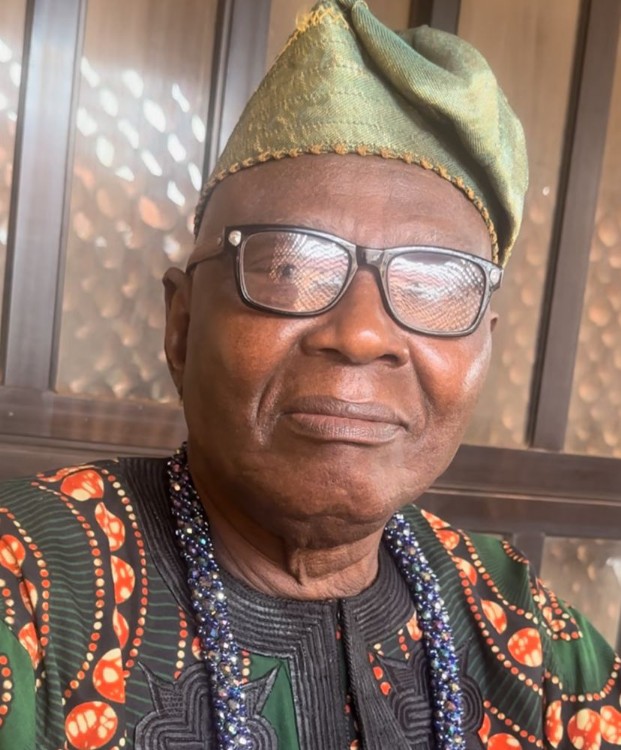When we talk about Bolojo Music in Africa, one name that readily comes to mind is King Jossy Friday, the progenitor of the musical genre famously known for his song, Gbanjare.
King Jossy Friday, whose real name is Joseph Ashamu Elegbede, was born on 14 April, 1939 in Igbogila, Yewa, Ogun State.
As it is customary in the Yoruba traditional setting, an Ifa priest would be consulted to enquire about the future of a child so as to know the type of vocation the child will take up, his marital life and his success in any chosen field, among others.
Jossy Friday was no exemption to this tradition. The Ifa priest, since birth, told his parents that he would become a popular entertainer.
This came to pass as he was later became known and referred to as Jimoh Alago because of the agogo musical instrument tied to his neck and arm at birth.
The musical career of Jossy Friday started from the primary school. He attended Methodist Primary School Igbogila, Yewa where he joined the school choir and band.
After his secondary education which got to the Secondary modern School in 1960, he returned to his primary school and became a teacher on 4 January, 1961.
His passion for education made him proceed again to teach at Egbado Ketu District Council School in Agada Mosuse, Ogun State.
He started music professionally as a Juju artiste in 1964. His band was known as Jossy Friday and His Juju Toppers Band.
Jossy Friday said he changed from Juju Music to Bolojo Music because of the unique dialect used in performing Bolojo song which he said became acceptable by his fans.
The Bolojo Evergreen song, titled Gbanjare, shot King Jossy Friday to musical limelight in 1968.
According to Jossy Friday, Gbanjare was widely accepted both at home and abroad, even by non-Yoruba speaking people.
He said he was impressed when he heard the remix of his song, Gbanjare, done by the Beninese musician Zeynab Habib.
He said she is from a neighbouring town in Benin Republic and he will love to meet her some day.
No doubt, Zeynab Habib’s captivating version of the song gave an instant generational global acceptance to Gbanjare, a 55-year old song which today is a masterpiece enjoyed by both the old and young alike
This is more particularly of the colourful video display of Gelede masquerades and dancers at the Market Square.


































